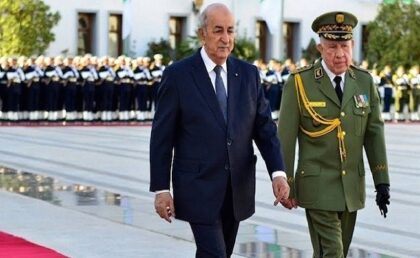 Algeria’s president Tebboune ordered the government as well as public and private companies to refrain from doing business with what he called “foreign entities”, targeting in particular Moroccan operators.
Algeria’s president Tebboune ordered the government as well as public and private companies to refrain from doing business with what he called “foreign entities”, targeting in particular Moroccan operators.
Blinded by hostility to everything Moroccan, Algeria’s new ailing president Tebboune is desperately seeking to distract the Algerian people from the worsening economic and social crisis by attempting in vain to pin the crisis on Morocco and other foreign entities which he did not name.
The President singled out Moroccan operators to blame two Algerian insurance groups SAA and CAAR for signing deals with Moroccan counterparts.
Such contracts were conducted without prior approval of the Presidency, Tebboune said in his Presidential decree which amounts to extreme protectionism and ignorance of free market fundamentals.
Algeria, a closed state-controlled and heavily subsidized economy, has yet to join the World Trade Organization and maintains a protectionist policy that further undermines the competitiveness of Algerian operators.
Economists say that the protectionist and hostile moves of the Algerian president will backfire at the Algerian economy on the short term.
Tebboune ordered the companies that contracts with Moroccan companies and other unnamed “hostile” entities should be terminated within 10 days in order to halt the depletion of hard currency.
But such anti-Moroccan rhetoric sugar coated in unfounded economic arguments are drawing mockery to a corrupt regime that squandered Algeria’s earth and put it on verge of bankruptcy.
Conspiracy theories are not fooling protesters in Algeria where the regime threatened to deploy the army to quell any peaceful marches.
It is the lack of vision and failed policies as well as endemic corruption that will bring Algeria to its knees. The country, where oil and gas represent 95% of the country’s exports, refuses to pull its head from the sand as its President and cabinet continue to act as if oil prices are still above $100.
The North African country has seen its foreign exchange reserve drop from $193 billion in 2014 to less than $40 billion by the end of 2020. The country also braces for a widening budget deficit estimated at $22 billion this year.
Algeria would need at least a barrel price of $160 to balance a budget burdened by subsidies. For a population that has been used for decades to state largess with a very weak private sector and low diversification, any austerity measure could be faced with fierce street opposition.
Yet, Algeria rejects foreign debt. Instead, the country indulges in helicopter money or cash printing further worsening inflation and undermining the value of the dinar and along with it the already weak purchasing power of its citizens.
To hold off an inevitable collapse, the Algerian government adopted a protective trade policy preventing imports of vital food stuff. The result was long queues in front of stores in scenes that can only be seen in war-torn countries.
Cooking oil, milk and even some medicine are in high shortage in the country where the government opts for cosmetic measures to prevent the few remaining hard currency from leaving the country.
While cash printing may delay an impending finance collapse of the state, it has no value when it comes to financing imports. Hence the drastic measures such as the ban on car imports and raising customs duties on other goods.
The combustible mix is piling for Algeria where anaemic growth, youth unemployment, dependence on oil and gas, corruption, underdeveloped banking system and the unfriendly investment climate are combined with the impact of the pandemic.
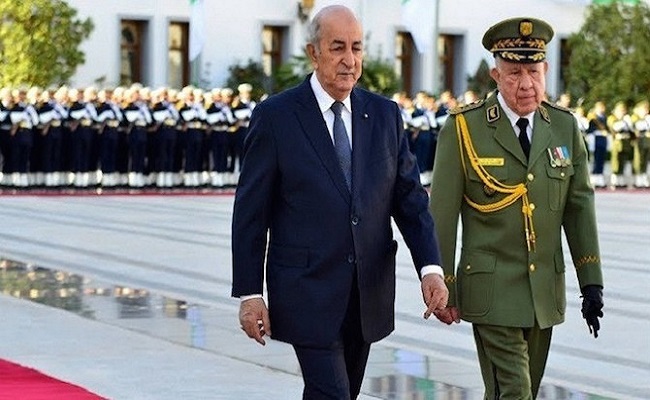
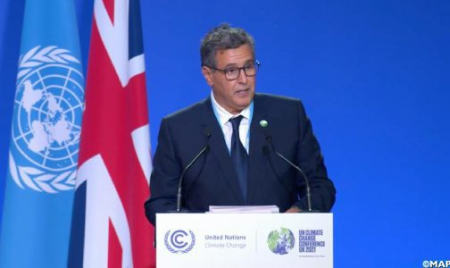
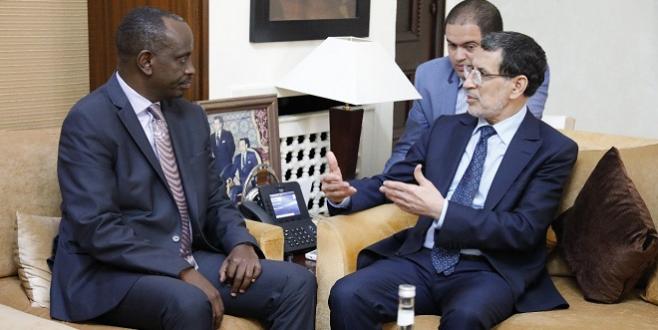
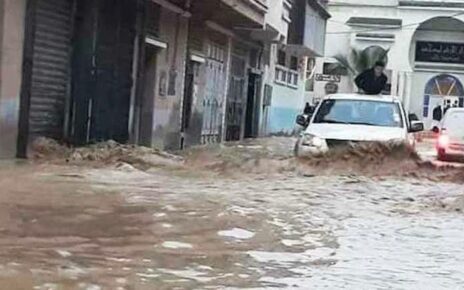
Comments are closed.